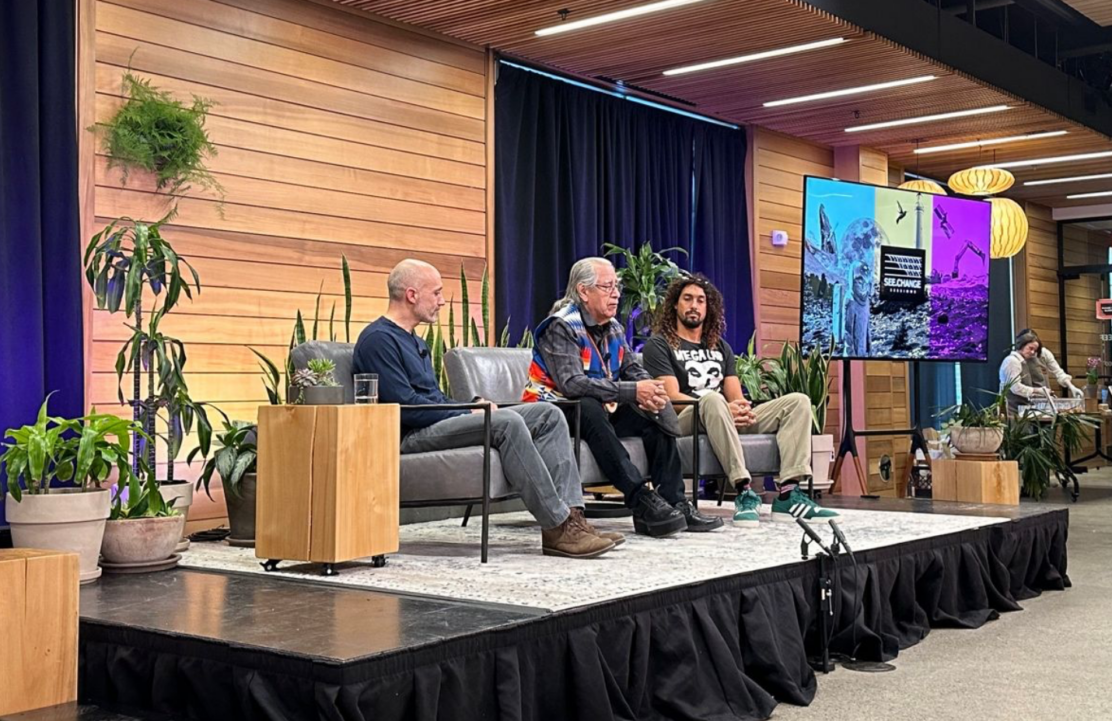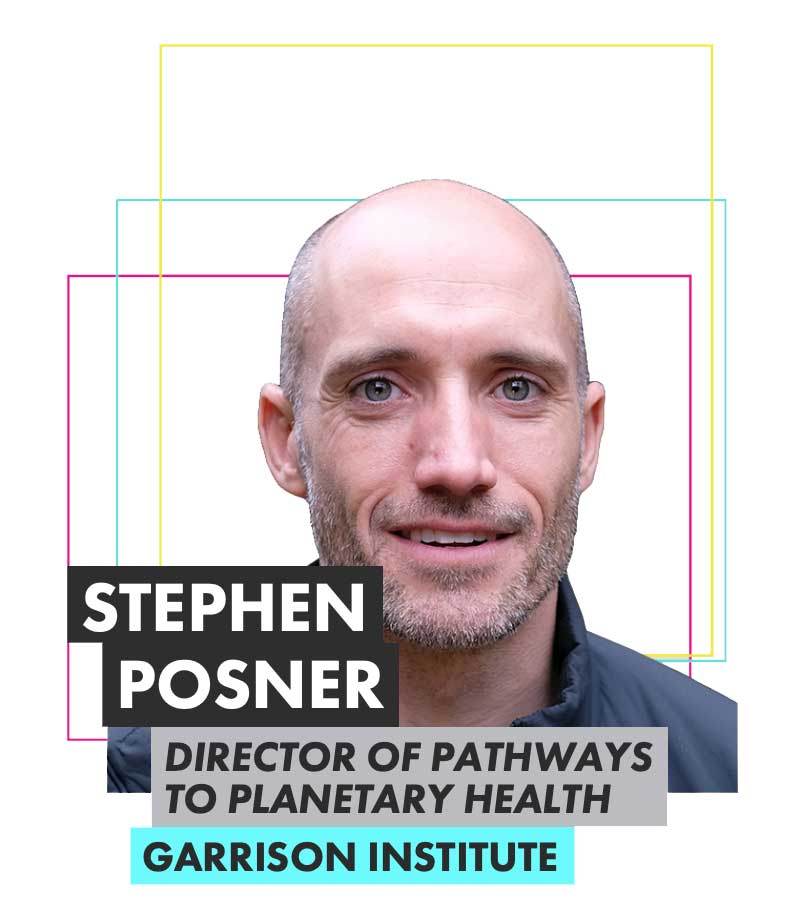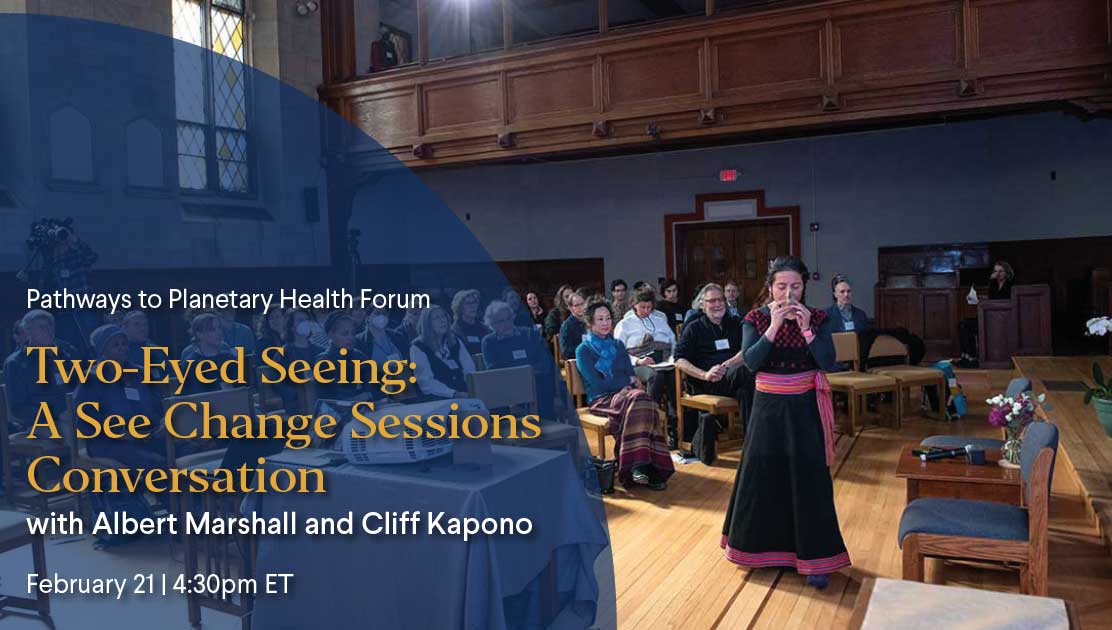Two-Eyed Seeing
The Pathways to Planetary Health initiative partnered with See Change Sessions to introduce the power of applied contemplative practice to a new diverse audience at the February 2024 See Change flagship event in Vermont.
This partnership helped a community of change agents engage with contemplative practice to develop insight into inner change, embrace innovative social presencing practices, and build capacity for collaboration and compassion while addressing today’s pressing social and environmental issues.
On a clear and sunny Wednesday, February 21, 2024 at 4:30pm ET on the eastern shore of Lake Champlain, a thought provoking and grounding conversation on Two-Eyed Seeing explored this powerful approach for integrating different mental models and ways of seeing the world.

Etuaptmumk, also known as Two-Eyed Seeing, is the philosophy of viewing the world from one eye with the strengths of Indigenous ways of knowing, and to see from the other eye with the strengths of Western ways of knowing. Mi’kmaw Elder Albert Marshall, who originated the concept of Etuaptmumk, shared how it serves as a guiding principle for a co-learning journey that harmoniously blends different knowledge systems.
The discussion was moderated by Stephen Posner, PhD, Director of Pathways to Planetary Health with the Garrison Institute and led by Elder Marshall and Cliff Kapono, PhD, a professional scientist, National Science Foundation Fellow and co-founder of the next generation research facility, Mega Lab. Cliff is also a professional surfer and Kanaka Maoli person focused on Indigenous knowledge and activism who embodies the practice of Etuaptmumk—skillfully using both eyes while practicing indigeneity and science for the benefit of all.



The organic conversation ranged across topics, including:
- The importance of not compromising ecological integrity through our actions and keeping in mind the well-being of the next seven generations of humans;
- The opportunity to evolve our scientific understanding of the universe over sometimes-brief timescales, while recognizing that relationships with ancient wisdom traditions are in some ways timeless;
- Maps as tools for orienting to place, being in relationship with the universe (for example through exploring maps of the night sky), finding pathways through terrain, and protecting ecosystems by helping people develop affinity for nature (for example through exploring previously hidden underwater maps of coastal waves);
- The power of intentions and motivations when considering applications of technology;
- What it means to see change through the lens of Western science and the lens of Indigenous ways of knowing.
Recorded video of the event will be made available here in mid-2024.
